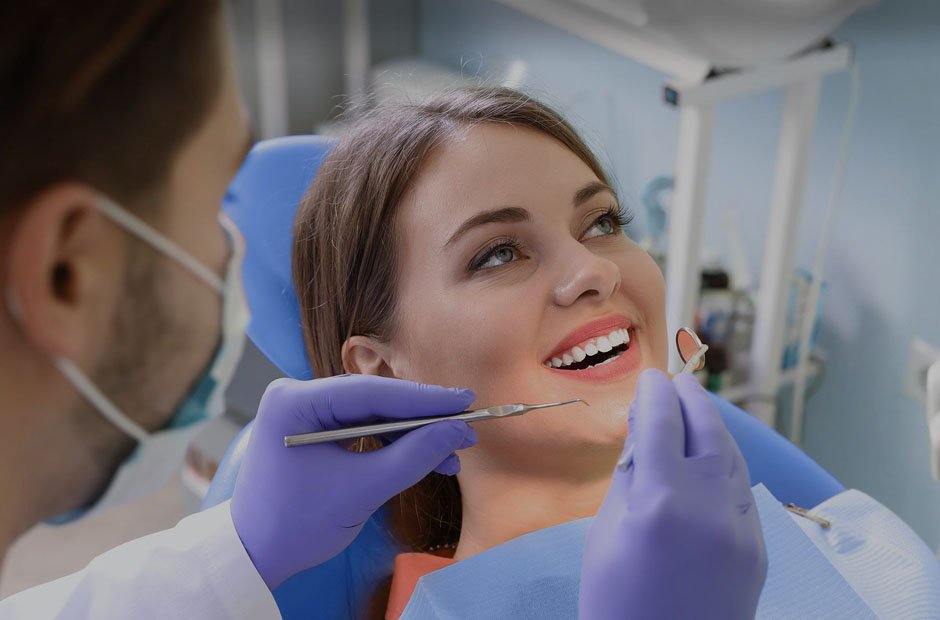Maple Ridge, a charming city in British Columbia, is known for its stunning natural landscapes and vibrant community. As a resident of Maple Ridge, you value your oral health and that of your family. However, there may be times when oral health issues arise, causing discomfort and inconvenience. When faced with such challenges, seeking professional guidance can significantly improve oral health maintenance with the help of Dental Implants Maple Ridge.
Understanding the Local Oral Health Landscape
Maple Ridge, like many other communities, faces various oral health issues. According to recent studies, many residents in Maple Ridge experience tooth decay, gum disease, and tooth loss. These issues can significantly impact one’s overall well-being, affecting their ability to eat, speak, and socialize comfortably.
The Importance of Professional Guidance
When it comes to oral health issues, seeking professional guidance from a dental expert is crucial. It is important to visit a dental clinic regularly to prevent dental problems or to catch them early on, ensuring prompt and effective treatment. Dental professionals have the knowledge, skills, and experience necessary for diagnosing and treating a variety of oral health conditions, including the need for dental implants in Maple Ridge.
The Role of Dental Implants in Restoring Smiles
Tooth implants, or dental implants, are a popular and effective solution to tooth loss. They provide a permanent replacement option that resembles natural teeth’ function and appearance. A dental implant is an artificial tooth root surgically implanted into the jawbone, providing a stable foundation for a custom-made dental crown.
You can regain confidence by replacing missing teeth with dental implants, allowing you to chew, speak, and smile. Dental implants in the city offer numerous benefits, such as improved oral health, enhanced facial aesthetics, and increased self-esteem. Additionally, they can help preserve the jawbone’s integrity, preventing further bone loss and maintaining facial structure.
Finding the Right Dental Professional in Maple Ridge
Finding a reputable dental professional in Maple Ridge is essential to ensure you receive the best possible care. Choose a dental clinic that offers various services, including dental implants, and has a team of skilled and experienced dentists. A dental professional who understands your oral health needs and provides personalized care will assist you at every stage of the treatment process, from initial consultation to post-operative care.
Taking Charge of Your Oral Health
While professional guidance is crucial in maintaining good oral health, you also have a vital role. Home oral hygiene, such as brushing and flossing regularly, prevents dental issues. Consuming a balanced diet, avoiding tobacco, and adopting a healthy lifestyle can improve oral health.
Regular check-ups and cleanings at your Maple Ridge dental clinic will ensure that any potential issues are addressed promptly. Your dentist can provide valuable advice on oral hygiene practices, recommend suitable dental products, and address any concerns. By working with your dental professional, you can maintain excellent oral health and have a beautiful smile for many years.
Conclusion
Good oral health is crucial to your overall well-being, and seeking professional guidance is crucial. In Maple Ridge, dental professionals are readily available to address your oral health needs, including the option of dental implants. By taking proactive measures and partnering with a trusted dental professional, you can overcome oral health challenges and confidently embrace a healthy and beautiful smile. Remember, your smile is worth investing in, and with the proper guidance, you can enjoy the benefits of excellent oral health throughout your life.
















